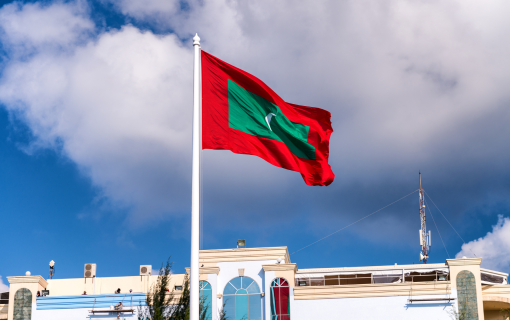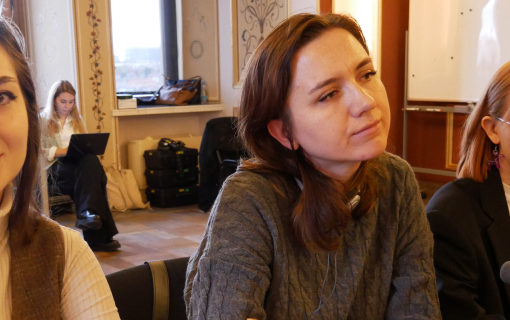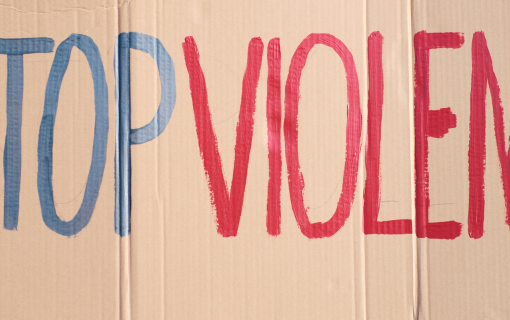
IFES Celebrates International Women’s Day
This International Women’s Day, the International Foundation for Electoral Systems (IFES) reaffirms its commitment to involving women in political and electoral processes as candidates and elected leaders, election experts, engaged activists and informed voters. Women around the world are taking a stand to ensure their voices are heard, their rights are valued, and their leadership is felt.
For 30 years, IFES has worked to ensure all voices have access and are empowered to meaningfully take part in their country’s political process as candidates, voters, leaders, and activists. From Haiti to Georgia and Nigeria to Sri Lanka, IFES has worked with women, their communities and institutions, including election management bodies and civil society, to create sustainable gender equality. IFES has had the privilege to work with fearless women leaders and brave activists who continuously advocate for gender equality and women’s empowerment every day. On International Women’s Day, and every day, we honor and support the tireless efforts of these advocates.
Program Highlights
MALE Allies
One of the ways women leaders affect change is by working and building partnerships with allies. IFES has developed the Male Allies for Leadership Equality (MALE) training module, an addendum to IFES’ women’s leadership training curriculum. MALE is the first of its kind training module focused on harnessing male allies support within the home, community, and institutions for women’s leadership in peace and political processes. This module puts into practice a systemic and practical approach to work toward the understanding that gender equality and women’s empowerment will only be achieved when women and men work together toward that goal. Learn more.
Violence Against Women in Elections
IFES recognizes that violence against women in elections is a threat to the integrity of the electoral process – it can affect women’s participation as voters, candidates, election officials, activists, and political party leaders, and it undermines the free, fair, and inclusive democratic process. In an effort to better understand and address the ways in which electoral violence creates a barrier to women’s participation, IFES has developed the Violence Against Women in Elections (VAWIE) Framework to specifically identify and address the unique issues related to gender-based election violence. Through analysis and program implementation focused on increasing women’s participation and leadership in democracy assistance, the VAWIE Framework makes narratives of violence against women in elections in their homes, political arenas and public spaces more visible. IFES works with electoral and gender-based violence stakeholders to mitigate and prevent gender-based election violence. Learn more.
Myanmar
This International Women’s Day, IFES Myanmar is working with local civil society partners to raise awareness about Myanmar women’s leadership. Stories highlight the Union Election Commission’s gender inclusion efforts, as well as stories from alumnae of She Leads, a nationwide women’s leadership program IFES Myanmar supports in partnership with Yaung Chi Thit. Stories will be featured on Go and Vote, as part of the 2017 by-election voter education efforts, and on the She Leads Facebook page.

IFES is engaged with the National Elections Commission (NEC) of Liberia on voter education efforts targeting women. Understanding the significance of radio in Liberia, IFES launched an extensive broadcast campaign across the country, on behalf of the NEC in January 2017. Along with relaunching NEC’s flagship talk show, "Elections and You," the campaign consists of weekly radio dramas and public service announcements, focusing on various aspects of civic and voter education such as the importance of women’s inclusion in the electoral process. During the voter registration period, IFES and the United Nations Development Programme worked with the NEC to develop voter education materials targeting female voters and ensured the distribution of such materials were in areas that women could easily access. Learn more.










